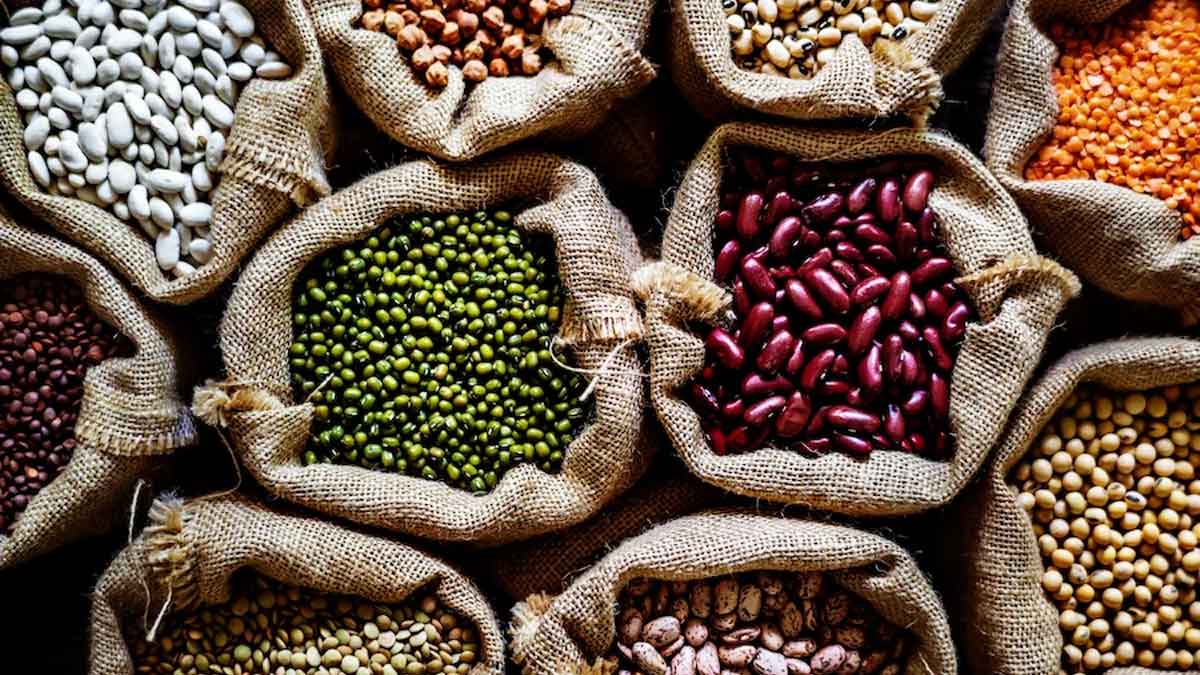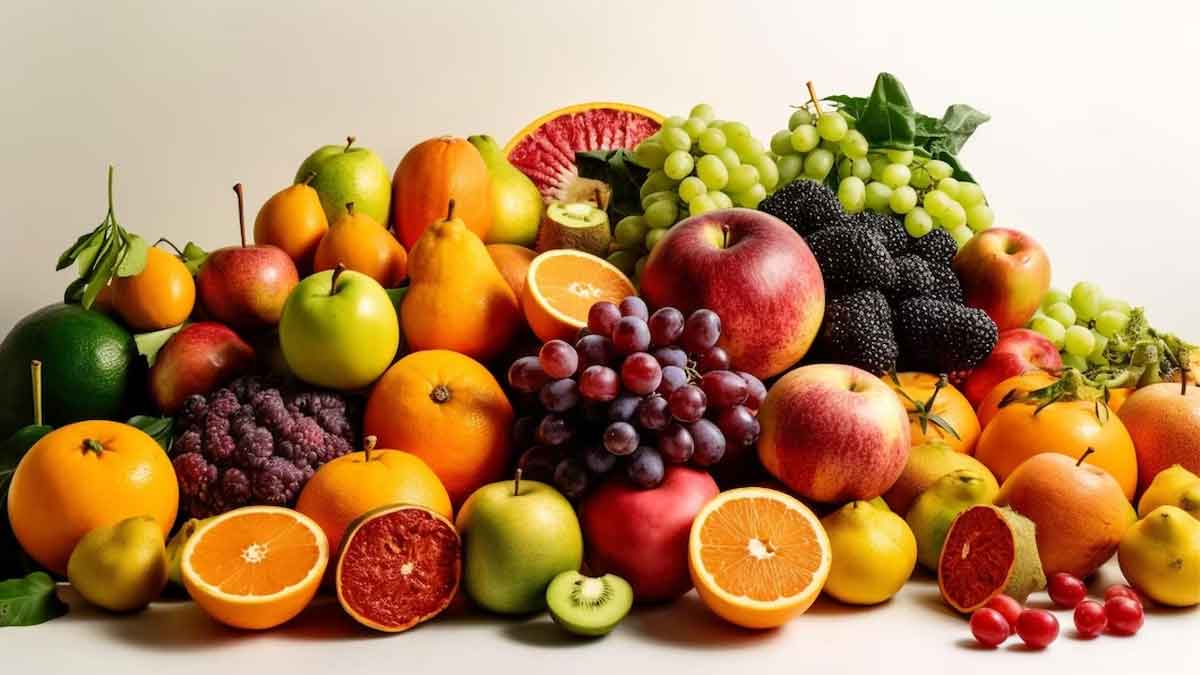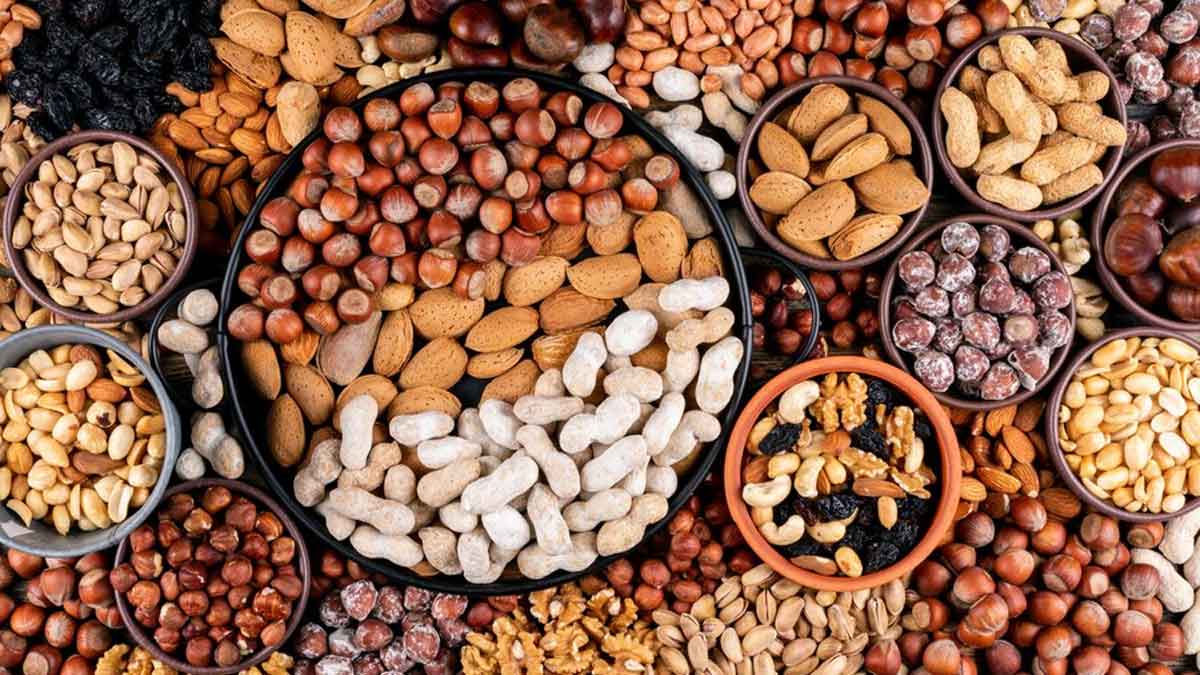
Haemorrhoids, or piles, are a painful medical condition that causes swollen and inflamed veins in the rectum and anus, resulting in pain, discomfort, and sometimes bleeding. They can occur both internally and externally and are usually caused by excess strain during bowel movements. Therefore, constipation is a common cause of haemorrhoids.
According to Sumaiya A, Clinical Dietitian, CDE, Fortis Hospital, Kalyan, constipation can be treated and prevented with the help of high-fibre foods, which help add bulk to the stool and promote regular bowel movements.
As per the National Institute of Diabetes and Digestive and Kidney Diseases (NIDDK), foods that are high in fibre also make stools softer and easier to pass, which helps reduce the risk of haemorrhoids. Listed below are some food types that can help treat the condition.
Also Read: Suffering From Piles? Follow These DO's and DON'Ts For Relief In Hemorrhoids
Legumes

Legumes are a widely consumed food item in many parts of the world. They're a rich source of dietary fibre and plant-based protein, which makes them a great addition to a balanced diet. Legumes, such as beans, lentils, and chickpeas, are particularly high in both soluble and insoluble fibre, which helps in managing and preventing haemorrhoids. Additionally, regular consumption of legumes is also associated with heart health, weight management, and improved blood sugar control.
Whole Grains
Whole-grain foods, such as quinoa, brown rice, and oats, offer a combination of soluble and insoluble fibres crucial for digestive health. While soluble fibre helps manage cholesterol levels and stabilise blood sugar, insoluble fibre adds bulk to stool, promoting regular bowel movements and preventing constipation. This, in turn, minimises the risk of haemorrhoidal issues.
Fruits

Fruits, such as berries, apples, pears, and oranges, have a high fibre content, which makes them beneficial for digestive health. However, they're also extremely hydrating, which helps prevent the risk of painful haemorrhoids. Both constipation and hardened stool contribute to the condition, which can be worsened by low water intake or dehydration. Therefore, not only is it important to drink plenty of fluids, but it is also advised to have hydrating and fibre-rich fruits.
Vegetables
Everyone is aware of the benefits of consuming vegetables. Broccoli, Brussels sprouts, carrots, kale, and sweet potatoes are all packed with fibre and other vitamin nutrients, including vitamin C, K, folate, potassium, and magnesium. Additionally, they contain antioxidants, which neutralise free radicals in the body, preventing oxidative damage and reducing the risk of chronic diseases.
Also Read: 4 Fibre-rich Foods That Can Be Included In Dinner
Nuts And Seeds

Nuts and seeds are nutritional powerhouses, packed with fibre, healthy fats, protein, vitamins, and minerals. They're the perfect snack to keep you feeling full and satisfied, and their high fibre content keeps your digestive system in check, cutting down the risk of haemorrhoids. Some of the healthiest nuts and seeds include walnuts, almonds, chia seeds, flaxseeds, and sunflower seeds. You can add them to your salads, yoghurt, or oatmeal and enjoy their richness.
Conclusion
Haemorrhoids can be painful, leading to symptoms such as swelling, inflammation, and irritation of the veins in the rectum and anus. While visiting a medical professional is the way ahead, making dietary changes can also help manage the condition. Most importantly, you must include more fibre-rich foods in your meal, as they can soften the stool and make it easier to pass stool.







